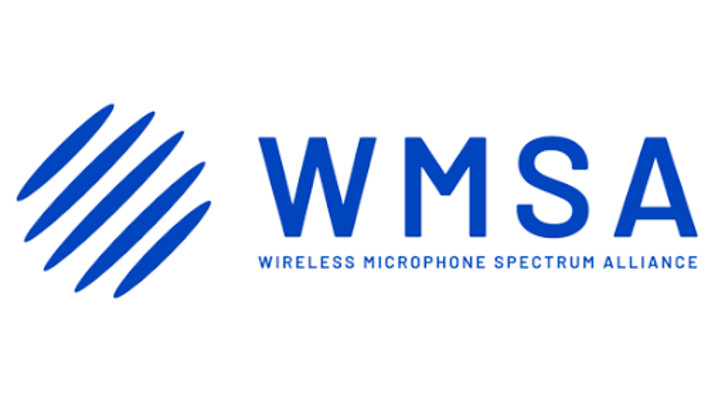DTV Consumer Education: ‘No One in Charge’
The professional video industry's #1 source for news, trends and product and tech information. Sign up below.
You are now subscribed
Your newsletter sign-up was successful
Yet another Congressional committee took a look at the DTV transition and the converter-box coupon program this week, with several speakers blasting what they called the government’s rudderless, leaderless education campaign on the issue.
The Senate Select Committee on Aging, chaired by Sen. Herb Kohl (D-Wisc.) focused on the special needs of seniors during the transition. Kohl said he is introducing legislation to force the education campaign beyond the voluntary measures promised by industry; the bill would fund a public/private partnership to educate consumers, including senior citizens, and require broadcasters to roll out PSAs on the matter.
Kohl asked if there was effective inter-agency coordination and if anyone was in charge.
“There is no one in charge,” said Mark Goldstein of the Government Accountability Office.
What’s more, the FCC, not the National Telecommunications Administration (NTIA), might be better equipped to handle the converter box coupon program, he said.
NTIA “is embarking on kind of a new road for it,” Goldstein testified.
“And yet there seems to be confusion, even on the part of the FCC, between the chairman and some other commissioners regarding what its responsibilities are,” he said. “Without greater coordination and someone being in charge, the challenges are likely to rise and the chances of success are likely to diminish some.”
GAO found no comprehensive planning, no performance management or risk management structure, he said.
NTIA boss John Kneuer said industries had “a huge market opportunity” to disseminate accurate information, and dismissed suggestions that the FCC direct the content of educational efforts.
“I don’t think we can tell them what to say,” he said.
Marcellus Alexander, NAB executive vice president for television, outlined broadcasters’ voluntary multi-pronged educational effort, and said that several stations are already running PSAs on the transition. He also said NAB will reveal more about its education rollout next week.
Amina Fazlullah of the U.S. Public Interest Research Group said PIRG investigated major D.C.-area retailers and found inaccurate or misleading information at every one. Clerks told PIRG investigators posing as customers, among other things, that buying an expensive HDTV set or digital tuner would be the only way to receive over-the-air broadcasts. FCC Commissioner Adelstein noted that the FCC has already found vast noncompliance among retailers with its existing requirements for labeling analog TV sets.
Sen. Claire McCaskill (D-Mo.) noted that the cable industry’s much touted $200 million education campaign merely directed customers to cable service and didn’t even mention the converter box coupon program.
McCaskill said she did some field work of her own, asking about the converter boxes at some retail outlets in her area.
“The salespeople, frankly, didn’t know what I was talking about,” she said.
The professional video industry's #1 source for news, trends and product and tech information. Sign up below.
